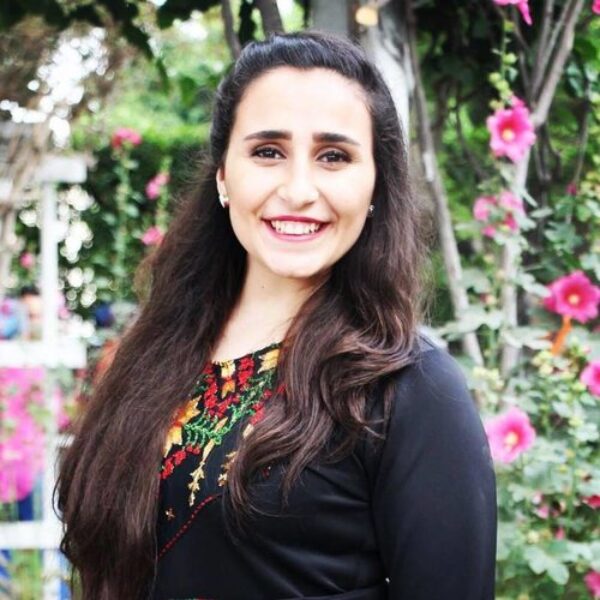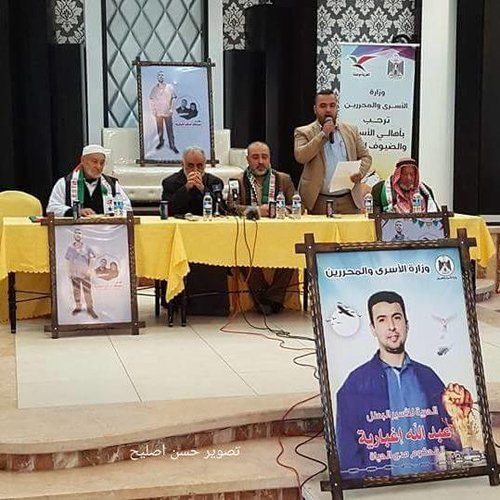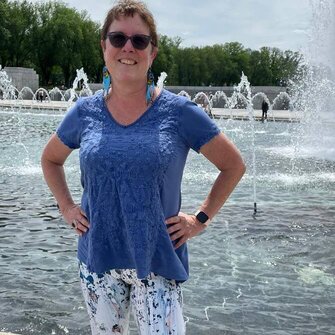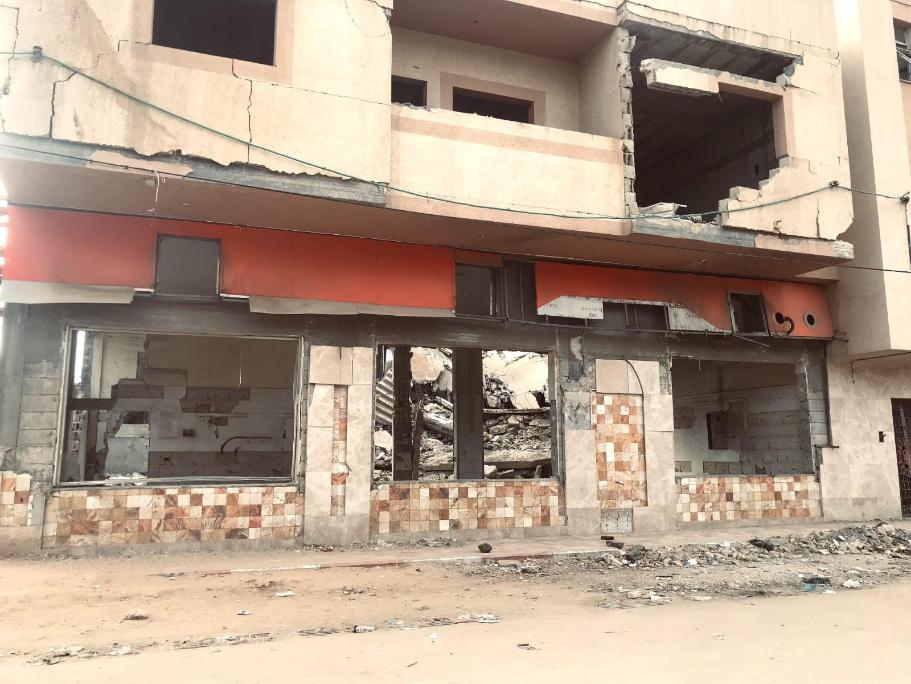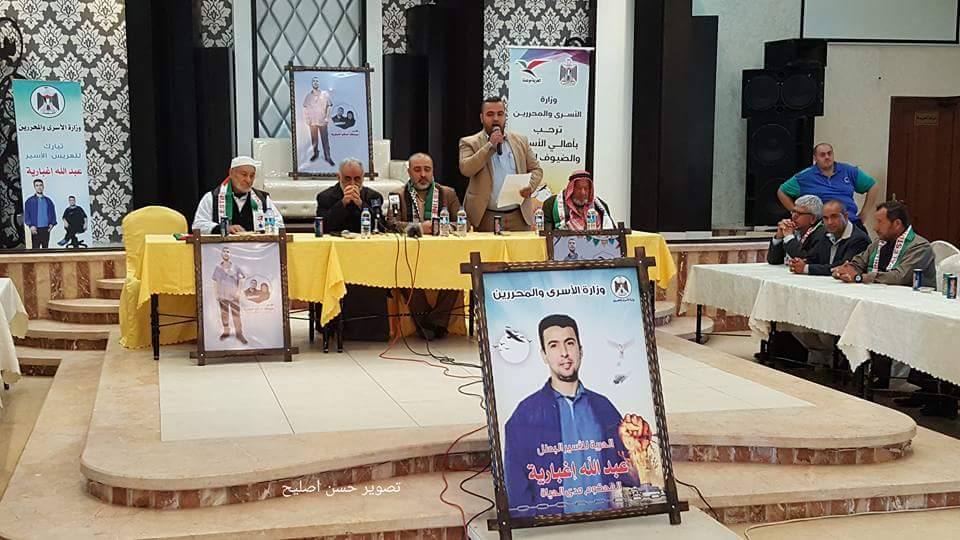
A Palestinian man who is 18 years into a life sentence in an Israeli prison has, improbably, found the fulfillment of a dream. Abdullah Eghrabyeh, held in Nafha Prison in southeastern Israel, and Yasmeen Hertani from Gaza announced their engagement in November. The 23-year-old Palestinian woman has decided to sacrifice her life waiting to meet her 31-year-old groom, a moment that may never come.
Eghrabyeh had never given up hope of having some vestige of a normal life, including marriage—and he particularly liked the idea of marrying a woman widowed by one of the Israeli wars on Gaza. The couple don’t want to describe the details of how he came to learn about Hertani or how he was able to make contact; there are too many security concerns. All they felt comfortable saying is that her uncle served as the conduit.
Hertani was married at the age of 16 to a Palestinian resistance fighter who was killed in the 2014 war—just two years after their wedding. her husband died after 2 years. After the death of her husband, Hertaini enrolled in the Islamic University of Gaza to study Islamic law.

Eghrabyeh, born in the Israeli-controlled Palestinian town of Um Al Fahem, about 20 kilometers north of Jenin. His life, too, was dramatically changed at the age of 16. But for him, it was imprisonment, after he killed two Israeli soldiers. Nafha Prison, located in the southeastern desert about 200 kilometers from Jerusalem, has been used by Israel since 1980 for “security prisoners.” Thus, it is considered one of the most harsh and severe of the Israeli prisons. Due to its desert location, it is extremely cold during the winter and extremely hot during the summer. Nevertheless, Eghrabyeh has sought to better himself by pursuing Islamic studies. Currently, he is teaching other inmates.
According to Osama al-Wihaidi, spokesperson for the Gaza-based Hossam Association for Prisoners and Ex-Prisoners. more than 6,700 Palestinians are currently in Israeli jails, including 506 sentenced to life imprisonment.
The couple became engaged in a katb ktab ceremony, a formal, binding contract considered an integral part of an Islamic marriage.
“I know I made a very hard decision,” says Hertani, whose husband was killed in the 2014 Israeli war on Gaza. She says she prayed to Allah (God) about the right decision (in Islam, such a prayer for guidance is called “istikhara”) and received an answer. Her agreement to marry Eghrabyeh—who has been denied a normal life—was the right thing to do, she says.
At first, Hertani’s family rejected their engagement due to Eghrabye’s life imprisonment. “I was very hesitant in the beginning because he is a prisoner; I have no idea when, if ever, he will be released,” says Yousef al-Hertani, 70, Yasmeen’s father. But he and her mother finally agreed because they didn’t want to interfere in a “lifetime decision.”
“Abdullah is in a prison, but so are we,” he says. “The only difference is that Gaza is an open-air prison. Both of us are trapped. I hope Abdullah is released in a future prisoner swap so he can complete his life with my daughter.”
Hertani is convinced she will see Eghrabyeh one day. In 2011, 1,027 Palestinian prisoners were released by Israel in an exchange for captured Israeli soldier Gilad Shalit. Included in that swap were four prisoners with life sentences, including Yehia al-Senwar, a Hamas leader in Gaza. Her family is now trying to send a message to the Al-Qassam Brigades, the military arm of Hamas, to include Eghrabye’s name if there is a new swap deal in the future. Hamas, which administered Gaza until the new unity government was formed, currently has the four Israeli soldiers and other bodies which were captured during the 2014 war. Thus, a prisoner exchange deal has been discussed through the Egyptians. Rumor has it that any future swap deal will concentrate on prisoners sentenced to life imprisonment.
Meanwhile, the couple’s main challenge is how to communicate. To visit her husband in prison, Hertani must coordinate with the International Committee of the Red Cross so she can get a permit, which can take months—if she gets it at all. So far, the couple have never seen each other face to face. Eghrabye has been able to call Hertani a couple times through smuggled phones. “After our first call on the phone, Abdullah entered my heart,” Hertani recalls. “Abdullah changed my life. I was always depressed and bored when I was alone. He made me have hope for the future.”
However, after their official engagement was announced, the Israelis transferred him to solitary confinement. From that moment, Hertani has not heard anything more from him.

